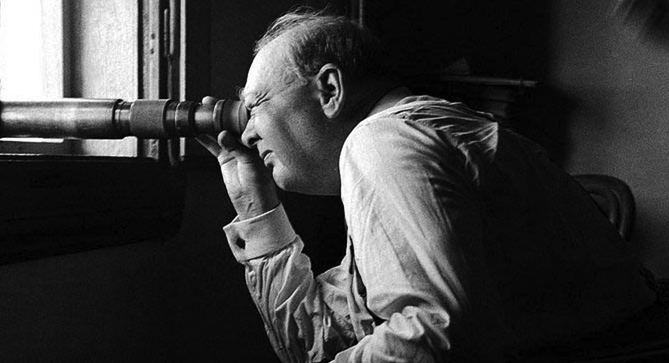
Winston Churchill’s Tests of Freedom: Then and Now
A famous speech offering seven tests of freedom reminds us of Churchill’s eternal relevance. He spent most of August 1944 on the continent, observing the fighting in France and Italy. In the House of Commons on the 28th, a Member asked how to judge the new Italian government, succeeding that of Mussolini. Was it a true democracy? Churchill replied: “What is freedom?” The answers to a few questions determine if a nation is free. (Updated from 2012.)
The seven tests
Is there the right to free expression of opinion and of opposition and criticism of the Government of the day?
Have the people the right to turn out a Government of which they disapprove, and are constitutional means provided by which they can make their will apparent?
Are there courts of justice free from violence by the Executive and from threats of mob violence, and free from all association with particular political Parties?
Will these courts administer open and well-established laws which are associated in the human mind with the broad principles of decency and justice?
Will there be fair play for poor as well as for rich, for private persons as well as Government officials?
[And] will the rights of the individual, subject to his duties to the State, be maintained and asserted and exalted?
Is the ordinary peasant or workman, who is earning a living by daily toil and striving to bring up a family free from the fear that some grim police organization under the control of a single party, like the Gestapo, started by the Nazi and Fascist parties, will tap him on the shoulder and pack him off without fair or open trial to bondage or ill-treatment?
“These simple, practical tests,”
Churchill continued, must be “the title-deeds” of a new Italy.
Think of the years of experience, thought, and hard political lessons that went into those basic tenets. How Churchill expressed them in only 200 words, mostly of one or two syllables. How little we consider them today, when we rail over “threats to democracy”—whether from one side or the other. Or, conversely, when we blithely suppose certain nations to be free. How rarely we apply those questions in our own times.
Churchill’s Tests of Freedom remain evergreen. Sadly, in what seems to be a growing number of places, they answer themselves.
Related articles
“Churchill on Duty: Representatives of the People Please Note,” 2023.
“A Life Devoted to Constitutional Liberty,” 2021.
“Antithesis of Democracy (Or: Winston Churchill and Portland),” 2020.
“When Presidents and Prime Ministers Would Walk Among Us,” 2018.






